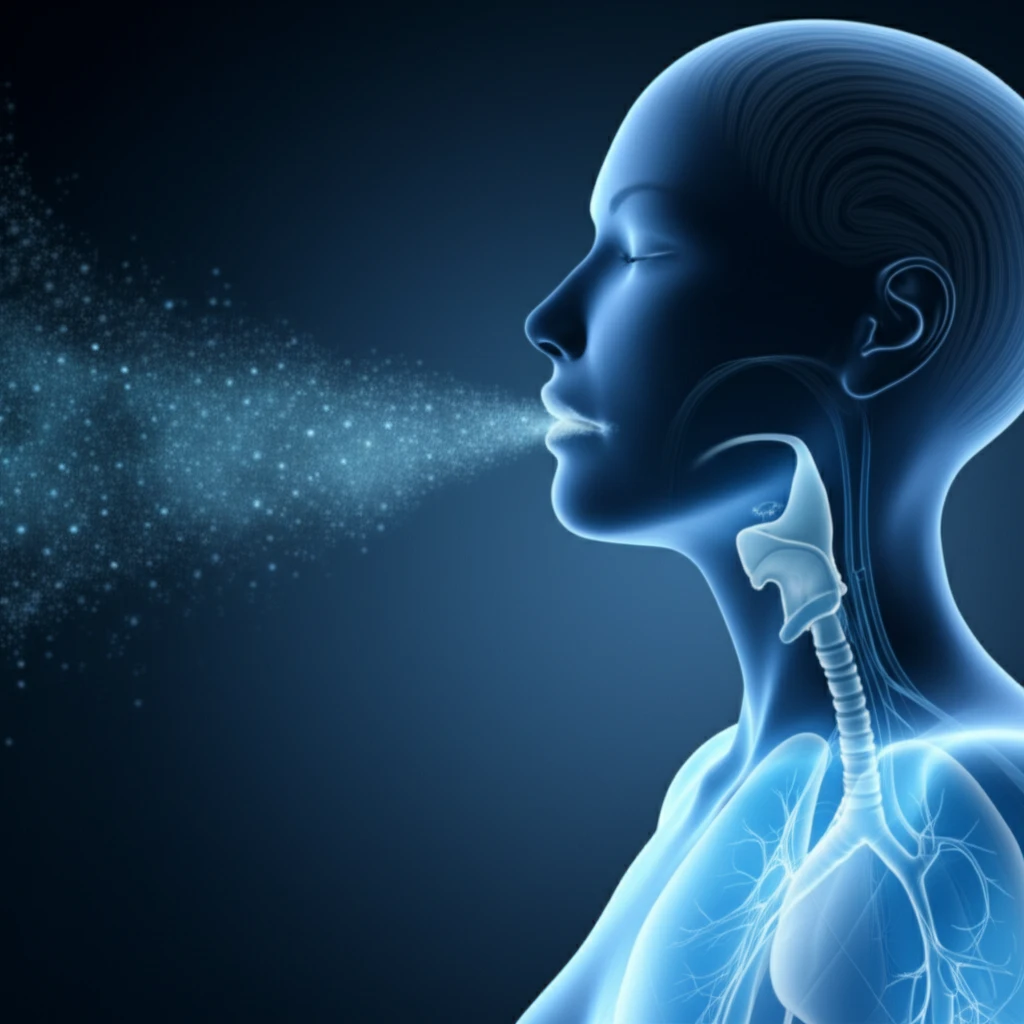
Is Your Mouth Affecting Your Lungs? The Surprising Link Between Oral and Respiratory Health
"New research reveals how poor oral hygiene in adolescents can impact lung function, highlighting the importance of preventative care."
We all know that taking care of our teeth and gums is essential for a bright smile and fresh breath. But what if I told you that your oral health could also significantly impact your lung function? Recent studies have shed light on a surprising connection between the health of your mouth and the health of your lungs, particularly during adolescence.
For years, researchers have been exploring the relationship between oral health issues like periodontal disease (gum disease) and respiratory conditions. Now, a new study focuses on adolescents, revealing that poor oral hygiene can indeed affect lung function in this age group. This connection underscores the importance of comprehensive health routines that include both dental and respiratory care.
This article will delve into the details of this research, explaining how oral inflammation can impact lung health, what you can do to protect yourself and your family, and why prioritizing dental care is more critical than you might think. Whether you're a parent, a young adult, or simply someone interested in overall well-being, understanding this link can empower you to make informed decisions about your health.
The Mouth-Lung Connection: How Oral Bacteria Can Affect Your Breathing

The link between oral health and lung function might seem surprising at first, but the science behind it is quite straightforward. Your mouth is home to a vast community of bacteria. When oral hygiene is poor, harmful bacteria can flourish, leading to inflammation and gum disease (gingivitis and periodontitis). These bacteria and inflammatory substances can then make their way into your respiratory system.
- Aspiration: Bacteria from the mouth can be inhaled into the lungs, especially during sleep.
- Hematogenous Dissemination: Inflammatory mediators produced in the mouth can enter the bloodstream and travel to the lungs, causing inflammation.
Taking Control of Your Oral and Respiratory Health
The good news is that protecting your oral and respiratory health is within your reach. By prioritizing good oral hygiene practices and seeking regular dental care, you can significantly reduce your risk of developing oral inflammation and its related respiratory problems. Encourage good habits early in life, making dental care a routine part of your family's health regimen. Remember, a healthy mouth contributes to a healthier, happier life!
